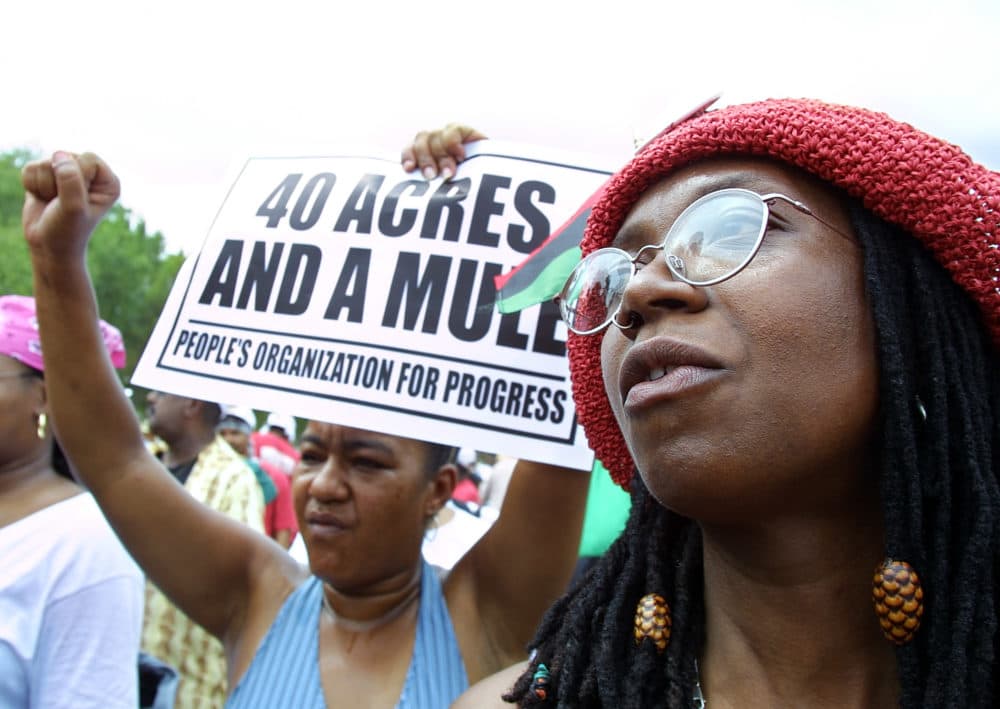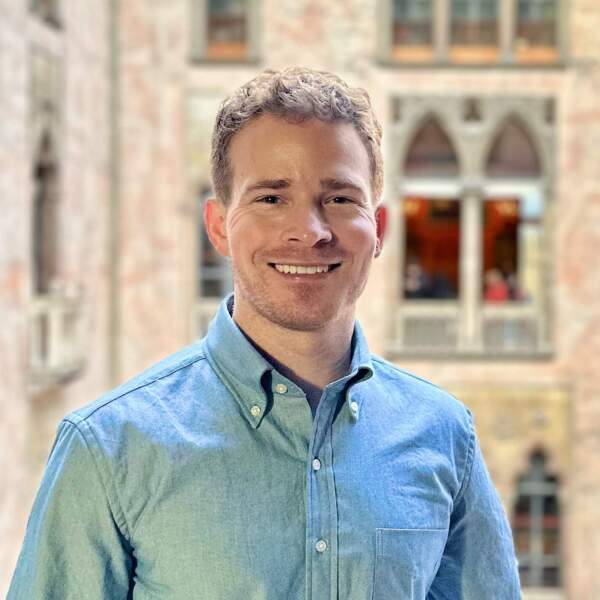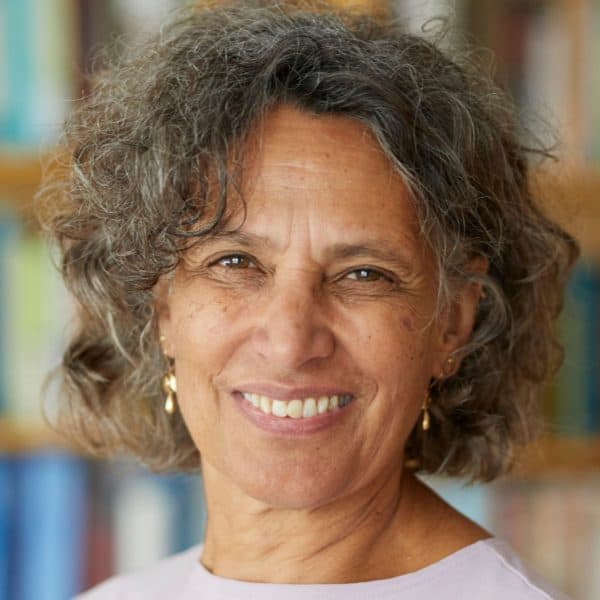Advertisement
Commentary
It's Time For Boston To Pay Reparations

America is finally waking up to its terrible past. This week, Juneteenth — until recently almost unknown outside of the African American community — will be marked across the nation. The holiday commemorates the day in 1865 when enslaved people in Texas finally were made aware of their freedom, 2 1/2 years after the Emancipation Proclamation. For the first time, Boston will also officially observe Juneteenth. As we celebrate, we also commit ourselves to an ongoing racial reckoning, a reckoning that must include reparations for nearly 250 years of enslavement and over 150 years of ongoing racial exclusion.
One year ago this month, Boston signaled a commitment to racial equality by declaring racism a public health crisis. The city was not alone. Over 200 other cities, counties and states have made such a declaration. For some cities, it was only that: a declaration. But for Boston, calling racism a public health crisis meant reallocating $12 million (20%) of the police overtime budget to make investments in equity across the city and creating a new community-led police reform task force.
One of the task force’s most notable recommendations so far has been the creation of an Office of Police Accountability and Transparency, which the city announced it would establish earlier this year. The watchdog office will have subpoena power and investigate complaints against police. These are real actions, but they will not be enough. Real progress in eliminating systemic racism and health inequities will require reparations to African Americans to acknowledge and begin to repair generations of exclusion.
As we celebrate, we also commit ourselves to an ongoing racial reckoning, a reckoning that must include reparations ...
Boston is a liberal city with a reputation for racism, a reputation arising in part from violent protests against the city’s school desegregation efforts in the 1970s. Racism is written on the social geography of Boston and its cost is measured in lives cut short. Decades before the school desegregation protests, discriminatory policies such as redlining worked quietly to establish patterns of neighborhood segregation — and neighborhood patterns of health. Parts of the predominantly Black neighborhood of Roxbury have a life expectancy of less than 59 years — the lowest in Boston — while less than a mile away, the predominantly white neighborhood of Back Bay has the city’s highest life expectancy of almost 92 years. This gap may well widen, as Black residents make up a disproportionate share of COVID-19 deaths in the city.
Looming behind the health gap is a racial wealth gap. Nationally, white median wealth is eight times more than Black median wealth and this disparity is growing. In Boston, the racial wealth gap is even worse. In 2015, the median net worth for white households in Boston was $247,500, in contrast to $8 for Black households. That number is so shockingly low that the Boston Globe published an article titled “That was no typo: The median net worth of Black Bostonians really is $8.”
Racism is written on the social geography of Boston and its cost is measured in lives cut short.
Cities and states are beginning to act. In March, Evanston, a suburb of Chicago, became the first city in the country to pay reparations to Black residents as restitution for past housing discrimination. On June 9, Boston City Councilors Julia Mejia and Kenzie Bok submitted an order for a hearing on reparations for Black Boston residents as restitution for slavery and ongoing systemic racism. Amherst, Asheville, North Carolina and Iowa City, Iowa are also considering reparations proposals. California is the first state to launch a task force to study reparations for African Americans.
National action may yet come. H.R. 40 would establish a federal commission to study the impacts of slavery and discriminatory policies on African Americans and develop proposals for reparations. For the first time since it was introduced 30 years ago, the bill has been voted out of committee. It will face an uphill battle, but public opinion is shifting. Currently, 31% of Americans favor reparations, up from 19% in 1999.
What should Boston do to support reparations? First, the city should issue a statement supporting federal reparations bill H.R. 40. Additionally, it should create its own reparations program. The Boston City Council will discuss this idea, as Mejia and Bok have called for, at an upcoming hearing. Boston can look to Evanston as a guide. Like Evanston, Boston has its own history of discriminatory housing policies — including redlining, racial covenants and blockbusting — that prevented Black residents from purchasing homes in majority-white neighborhoods, confining them to economically deprived neighborhoods. To a large degree, the policies are the reason why Black Boston families have a median net worth of close to zero and why more than 16,000 Black Boston residents have died from COVID-19. While reparations would not undo the harm that has been done across generations, they are a necessary step in overcoming systemic racism and health inequities.
While reparations would not undo the harm that has been done across generations, they are a necessary step in overcoming systemic racism and health inequities.
Despite Boston’s past and present racial inequality, the city has a rich tradition of racial justice to draw on. It was a hotbed of abolitionist sentiment in the 18th century. William Lloyd Garrison was born in Massachusetts and founded an anti-slavery newspaper called the Liberator, which he published in Boston from 1831 until the abolition of slavery. The newspaper was kept afloat largely by Boston’s Black community. W.E.B. DuBois was also born in Massachusetts and was the first African American to earn a doctorate from Harvard. William Monroe Trotter, born in Boston, founded the Boston Guardian in 1901. Martin Luther King Jr. lived in Boston and earned his doctorate from Boston University in 1955. By supporting the growing movement for reparations, Boston would be building off the best of its racial legacy.
“We carry our history with us,” James Baldwin wrote. “If we pretend otherwise, we are literally criminals.” Boston: Let us — Baldwin’s criminals — find the courage to confront our racist history with repentance and reparations so that we might, at last, free ourselves from this history.

